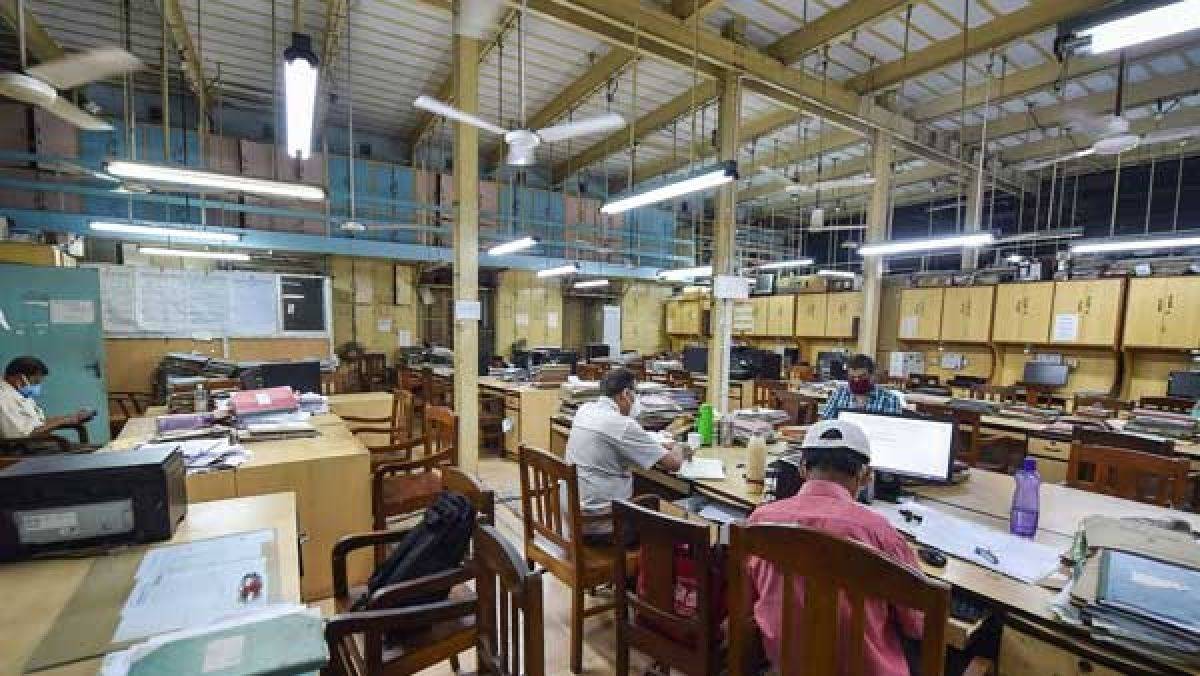
From July 1, 2022, the central government intends to introduce new labour regulations. If this is implemented, office working hours, employee provident fund (EPF) contributions, and in-hand salary will all change significantly. While office hours and PF payments are expected to rise, in-hand pay is expected to fall.
The administration is seeking to quickly enact a set of four new labour codes. The administration believes that the new labour rules will promote investment and employment prospects in the country.
Wages, social security (pension, gratuity), labour welfare, health, safety, and working conditions are all addressed in the recently passed Labour Codes (including that of women).
What Will Be the New Labour Laws Come into Force?
-
If the new labour regulations are approved, businesses will be able to dramatically alter office working hours. They have the option of increasing office working hours from 8 to 12 hours. However, they will be required to compensate their employees by providing three weekly vacation days. The goal is to keep the overall number of working hours in a week constant.
-
In addition, the maximum number of overtime hours for workers has been extended across industries from 50 hours (under the Factories Act) to 125 hours (under the new labour rules) in a quarter.
-
The take-home wage component and the employer's contribution to the provident fund will both change significantly. The employee's basic wage could be reduced to 50% of the gross salary under the new codes. It will raise both the employee's and the employer's PF contributions. Some employees, particularly those in the private sector, will see their take-home pay decline.
-
The amount of money received after retirement, as well as the gratuity amount, will rise. Employees will be able to live a better life after retirement as a result of this.
-
The government also wants to simplify how much leave a worker can take during his or her job, how much leave can be carried over to the next year, and how much leave can be encashed while on the job. The revised Labour Codes have decreased the number of days required to be eligible for leave from 240 to 180 each year. However, the amount of paid time off will remain the same, with one day of paid time off for every 20 days worked. Similarly, no changes have been proposed to the 30-day limit on carrying forward leaves.
-
The central government has recognised Work from Home (WFH), which is a common market practice across sectors, particularly after the advent of the covid-19 epidemic, in the draught model standing order applicable to the service industry.
-
According to reports, 23 states have drafted labour code provisions thus far. The remaining seven have yet to do so. These codes were passed by the legislature.









